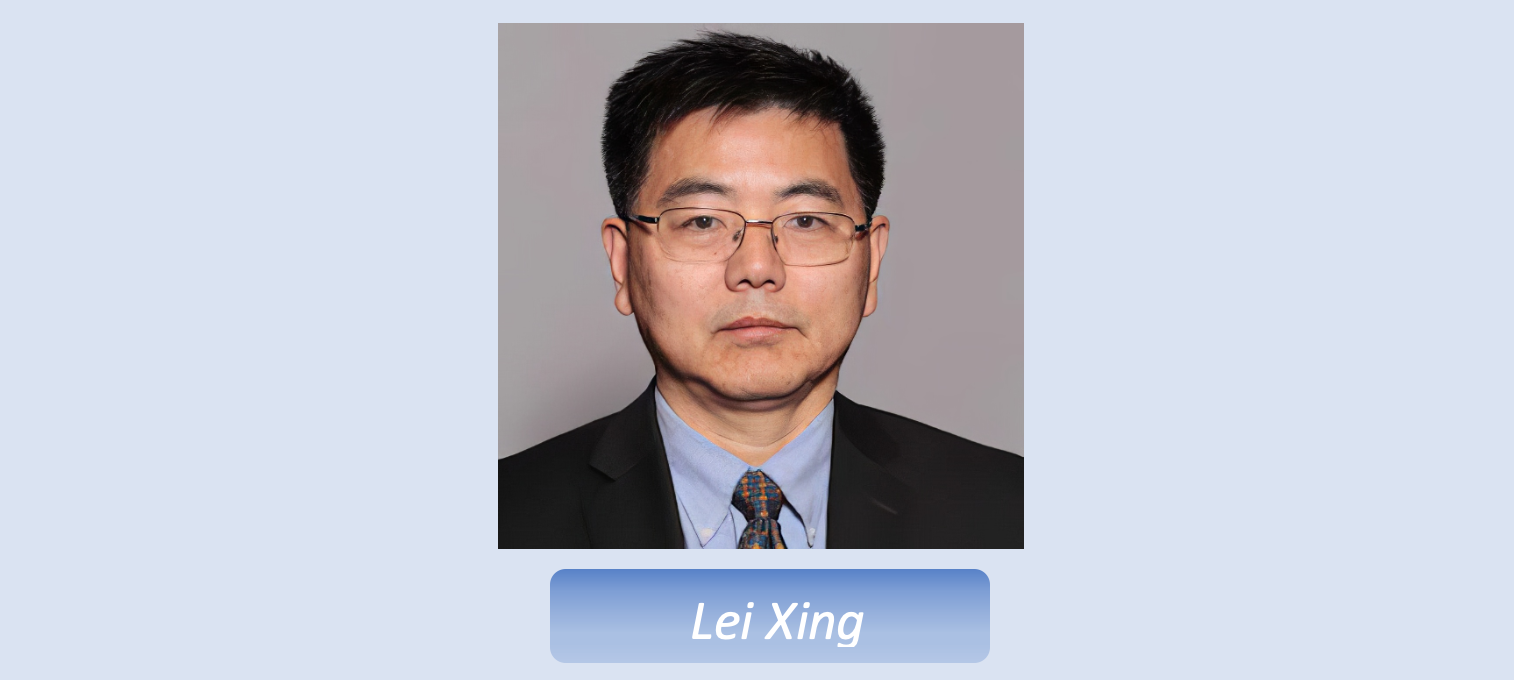AI for Medical Imaging and Oncology: Promises and Pitfall
Artificial Intelligence driven by deep learning has attracted much attention in the last decade and is being increasingly adopted for various applications in healthcare. The enormous success of deep learning stems from its unique capabilities of extracting essential features from big data and then making inferences. However, the data-driven process has many potential flaws, such as the demand for a large amount of annotated data and lack of interpretability.
- How is AI helping us with cancer diagnosis and therapy in a better way?
- Does the medical community need to anticipate the potential unknowns of AI and deep learning to ensure effective and safe incorporation into clinical practice, especially in oncology imaging techniques?
- Unlike discrete findings derived from sophisticated conventional radiographic studies, how AI and deep learning are facilitating identifying imaging pattern changes that are not easily amenable to human judgment?
On May 26, Q bay Mentor Series features the talk by Prof. Lei Xing, Jacob Haimson & Sarah S. Donaldson Professor of Medical Physics, Director of Medical Physics Division of Radiation Oncology Department at Stanford University.
He will bring professional insights on :
- Recent advances in deep learning imaging techniques, in particular, unsupervised and semi-supervised deep learning as well as technical tools that make AI more interpretable and trustworthy.
- Specific applications of the next generation of deep learning techniques in biomedical imaging, oncological applications, and clinical decision-making will be discussed in detail.
Date: Thursday, May 26, 2022
Time: 7:00 pm – 8: 00 pm, PDT



